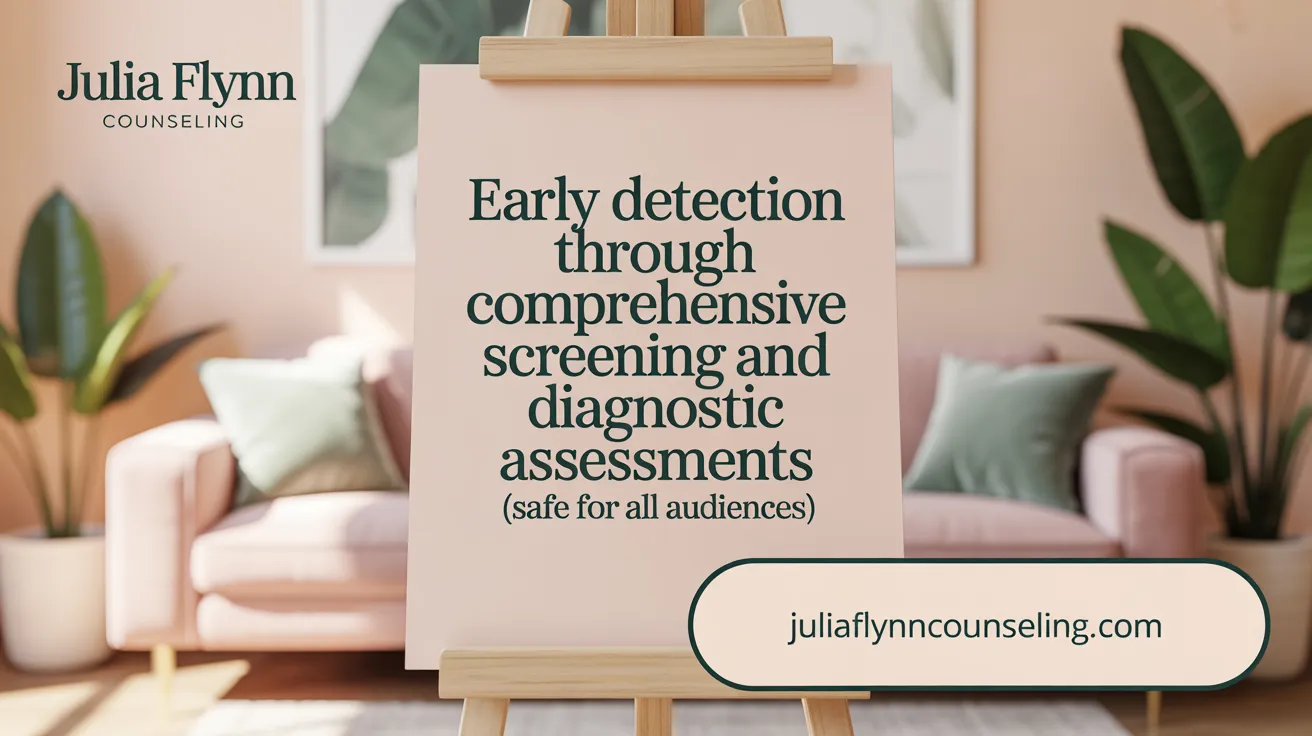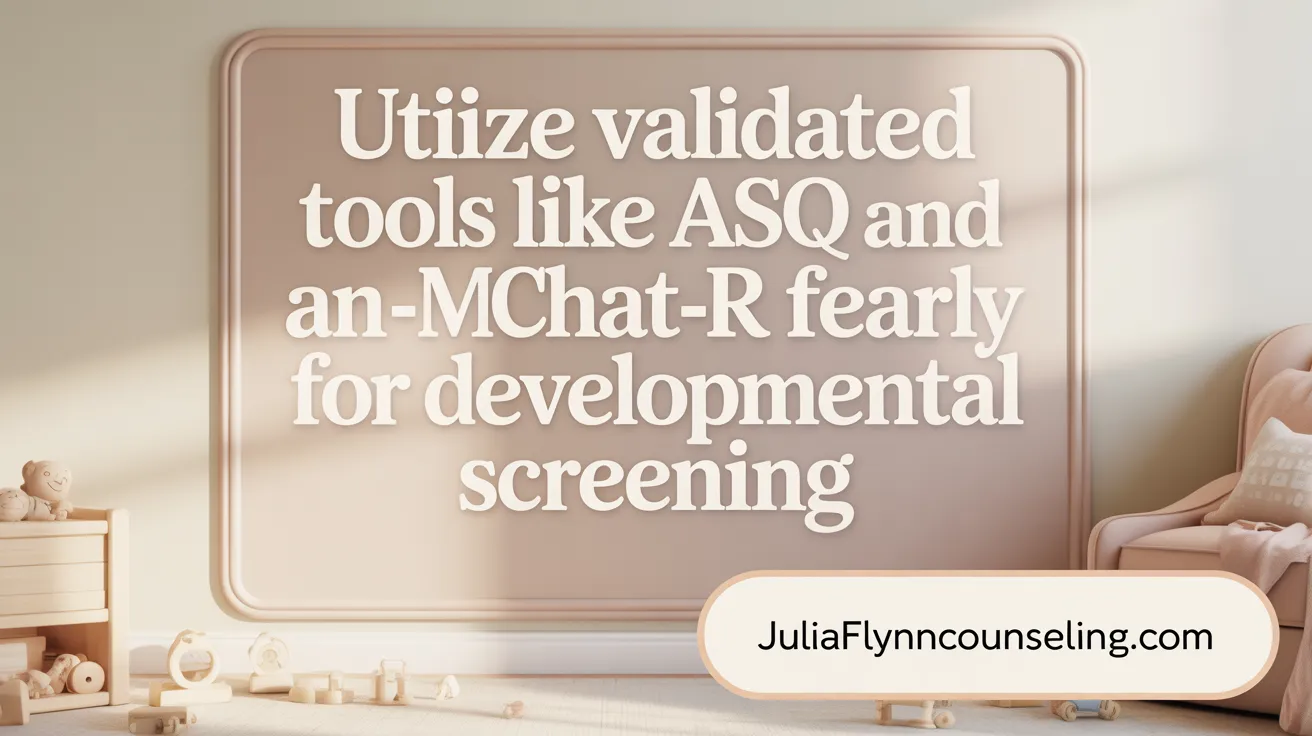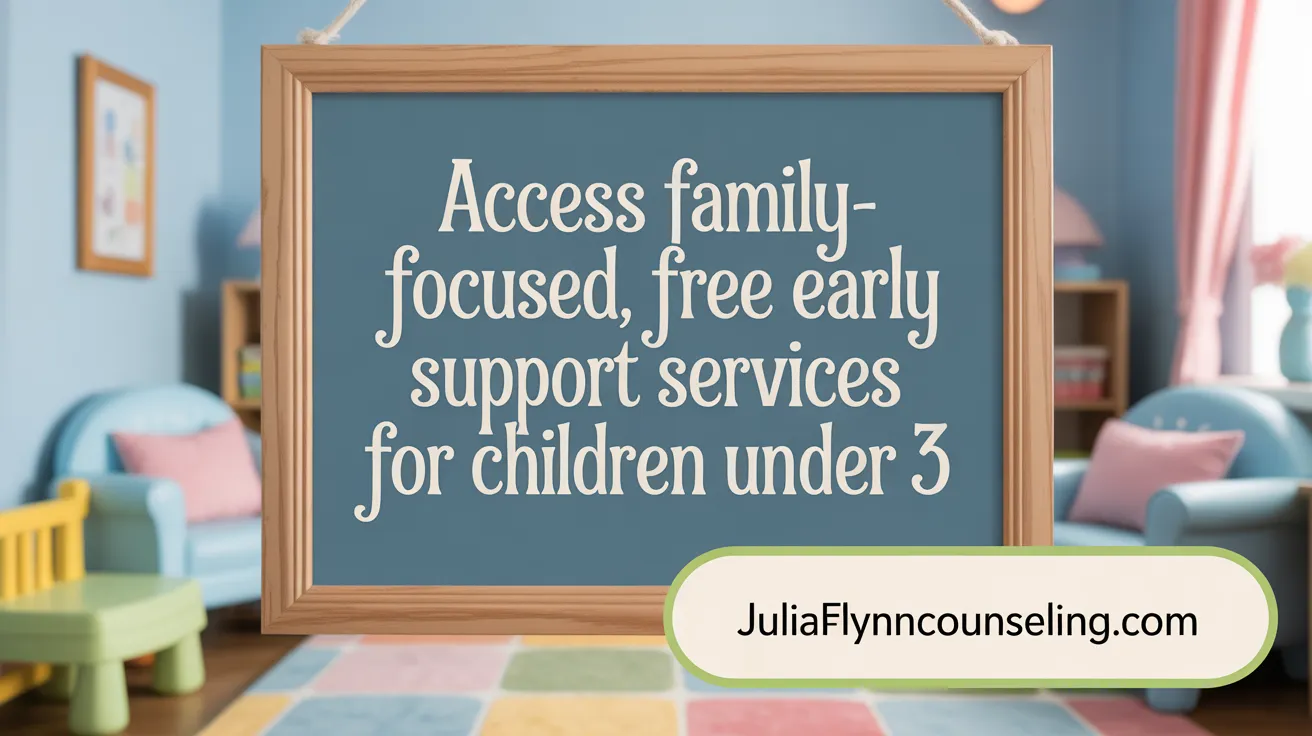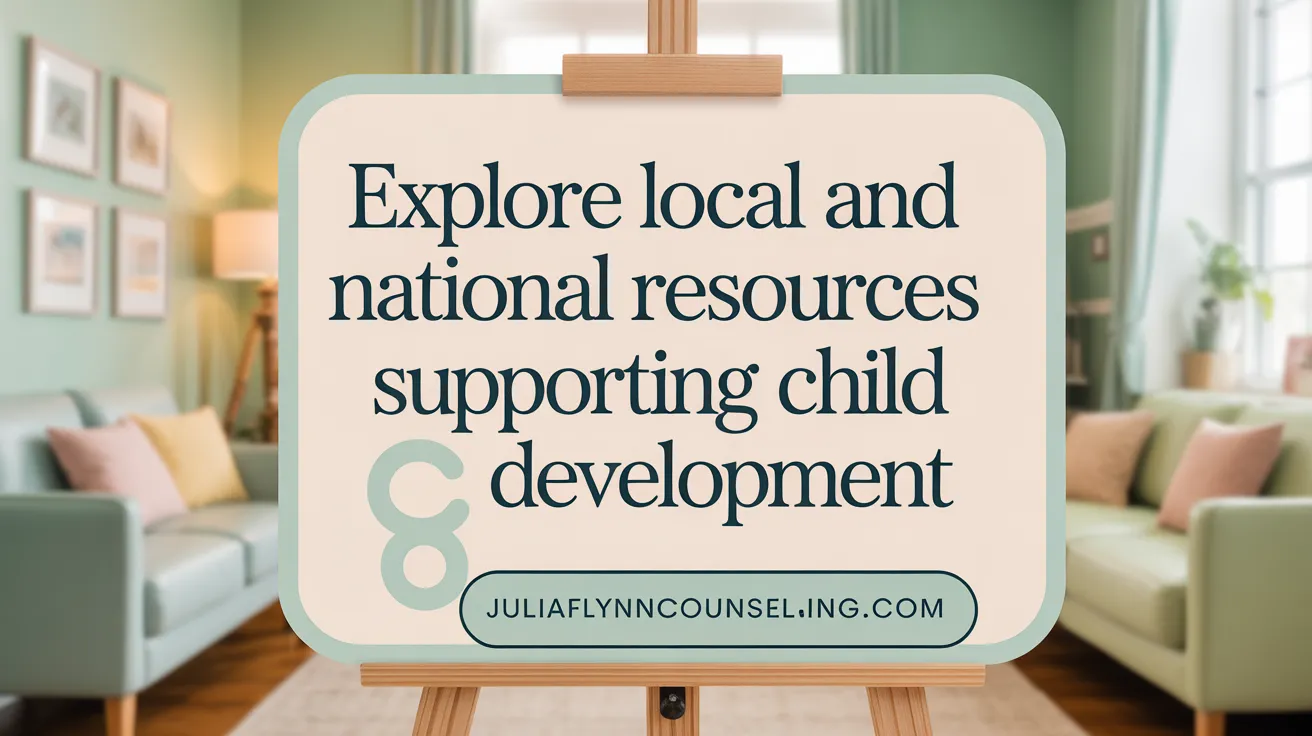Understanding Developmental Delay Evaluations and Resources
Developmental delays affect a significant number of children, presenting challenges that require timely and thorough evaluation to ensure optimal intervention and support. This article explores essential resources, procedures, guidelines, support programs, and best practices available for developmental delay evaluations. It is designed to guide parents, healthcare professionals, educators, and caregivers through the process of screening, assessing, and accessing services for children with developmental concerns.
Procedures for Evaluating Developmental Delays

How are developmental delays evaluated?
Evaluating developmental delays requires a careful and thorough process involving multiple steps. The goal is to determine whether a child is experiencing delays in one or more key areas such as physical, cognitive, communication, social/emotional, or adaptive development.
The first step is developmental surveillance. This ongoing process involves healthcare providers observing the child's development at well-child visits and gathering information from parents or caregivers about typical developmental milestones. Pediatricians may also use standardized developmental screening tools like the Ages and Stages Questionnaires (ASQ) or M-CHAT-R, which are brief questionnaires that help identify children who may need further assessment.
If screening results raise concerns, the next step involves comprehensive diagnostic assessments. These are in-depth evaluations conducted by highly trained professionals, including psychologists, speech-language pathologists, occupational therapists, and other specialists. These assessments evaluate all five developmental areas: physical, cognitive, communication, social/emotional, and adaptive skills.
To gather detailed information, the team may use objective testing methods such as genetic testing (microarray analysis, fragile X testing), neuroimaging techniques like MRI scans, and neurophysiological studies such as EEGs. These tests help identify underlying causes or medical conditions that may contribute to delays.
A multidisciplinary evaluation approach ensures that different aspects of development are thoroughly examined. The team reviews health history, conducts physical exams, and performs formal testing across multiple domains. This collaborative process provides a comprehensive picture of the child's developmental status.
Early and precise evaluation is crucial; the earlier a delay is identified, the sooner intervention services can begin. Timely assessments enable healthcare providers to develop personalized treatment plans, which can significantly improve long-term developmental outcomes for the child.
Guidelines and Tools for Developmental Screening and Assessments
 Developmental screening and assessments are essential components of early childhood health programs. They are designed to identify children who may have developmental delays early enough for timely intervention.
Developmental screening and assessments are essential components of early childhood health programs. They are designed to identify children who may have developmental delays early enough for timely intervention.
Validated and standardized tools are central to these assessments. Among the most recognized are the Ages and Stages Questionnaires (ASQ), which provide a parent-completed measure covering five key developmental areas: communication, gross motor, fine motor, problem-solving, and personal-social skills. The Denver Developmental Screening Test and the M-CHAT-R/F are also widely used, with the latter specifically focused on screening for autism spectrum disorder.
The American Academy of Pediatrics (AAP) emphasizes a consistent approach called developmental surveillance. This ongoing process involves observing a child's development during routine checkups and asking about milestones during parent interviews. Formal screening tools should be administered at specific intervals, notably at 9, 18, and 24 or 30 months.
Particularly for autism screening, the AAP recommends screening at 18 and 24 months using tools like the Modified Checklist for Autism in Toddlers, Revised with Follow-Up (M-CHAT-R/F). These guidelines help ensure early detection of developmental issues, critical for effective intervention.
Resources from the CDC, such as milestone charts and screening tools, support parents and professionals in tracking development. The CDC’s interactive milestone checklists show expected developmental achievements from two months to five years, helping caregivers spot concerns.
Parent-completed screening tools, including the ASQ and PEDS (Parents' Evaluation of Developmental Status), are practical, research-backed methods. They allow parents to actively participate in observing and reporting their child's progress, which correlates well with assessments performed by professionals.
In summary, routine use of validated screening instruments and adherence to surveillance protocols outlined by the AAP and CDC ensure children’s developmental needs are identified early. This approach promotes coordinated care, caregiver engagement, and timely intervention, ultimately supporting healthier developmental outcomes for all children.
Early Intervention Services and Programs for Developmental Delays

What services and programs are available for early intervention in developmental delays?
Early intervention services are designed to support children from birth up to age 3 who show signs of developmental delay or have diagnosed conditions that may affect their growth. These services are part of a federally mandated system called Part C of the Individuals with Disabilities Education Act (IDEA), ensuring that eligible children receive necessary supports early on.
Services include various therapies aimed at addressing individual needs, such as speech and language therapy, occupational therapy, physical therapy, and developmental therapy. In addition, children may have access to assistive technology, medical supports, counseling, and family coaching to help parents foster development at home.
Support is typically provided in familiar, family-centered settings like the child's home, daycare, or community locations. An evaluation process, conducted by trained professionals using approved tools, determines a child's eligibility. These assessments are usually free to families, making early support accessible and tailored to each child's unique development profile.
State programs such as Texas Early Childhood Intervention (ECI) and local supports like NYC Early Intervention provide coordination and resources to ensure children receive timely, effective services. The goal of these programs is to enhance developmental outcomes, supporting children's growth in a nurturing, natural environment.
Support Organizations and Resources for Developmental Delay Evaluations

Which organizations offer support and resources for developmental delay evaluations?
Families seeking assistance with developmental delay evaluations have access to a wide range of support organizations and resources. Parent Centers, present in every state, serve as a primary link for families, offering guidance, educational materials, and support groups tailored to children with developmental needs.
The Arc is a major advocate for inclusion of people with developmental delays, providing support groups, advocacy efforts, and resources for families. Disability Resource Centers play a crucial role by offering guidance, referrals, and connection to local support services.
National organizations also contribute significantly. The MIND Institute at UC Davis provides valuable resources including support groups and family mentoring programs.
The WarmLine Family Resource Center offers families emotional support and information about local support networks. Additionally, the American Association on Intellectual and Developmental Disabilities (AAIDD) advocates for policy changes, promotes professional education, and supplies assessment tools to facilitate evaluation and intervention.
How community organizations connect families to support
Community organizations, including local clinics, schools, and non-profits, serve as vital hubs for connecting families to developmental evaluations and intervention services. They often work collaboratively with state programs like Early Childhood Intervention (ECI), ensuring seamless support from diagnosis through intervention.
Programs like Texas Parent to Parent empower families through peer support and practical guidance, helping them navigate complex services and resources.
Resources at a glance
| Organization | Focus Area | Support Provided | Website/Contact Info |
|---|---|---|---|
| Parent Centers | Family support & education | Local resources, support groups | Varies by state |
| The Arc | Advocacy & inclusion | Support groups, advocacy services | thearc.org |
| Disability Resource Centers | Guidance & referrals | Local services & programs | Local availability |
| MIND Institute | Family mentoring, research | Support groups, family resources | dci.ucdavis.edu |
| WarmLine Family Resource Center | Emotional support | Family guidance & local connections | warmline.org |
| AAIDD | Policy & assessment tools | Professional education & resources | aaidd.org |
Final thoughts
These organizations and community efforts are essential for providing families with the support and information needed to navigate developmental evaluations. They foster a supportive network that empowers families while promoting early intervention and inclusion for children with developmental delays.
Best Practices and Evaluation Methods for Healthcare Professionals
How can healthcare professionals implement family-centered and culturally sensitive methods during developmental assessments?
It is essential for healthcare providers to adopt a family-centered approach that respects the unique cultural backgrounds of each child and family. This involves actively listening to parents' concerns, engaging families in the assessment process, and considering cultural influences on child development and communication styles. Providers should involve families in setting goals and planning interventions, ensuring services are tailored to meet the child's and family's needs.
What are the best tools and techniques for developmental screening and assessment?
Validated screening tools are critical in early detection of developmental delays. The CDC recommends using brief, standardized screening instruments such as the Ages and Stages Questionnaires (ASQ) and Parents' Evaluation of Developmental Status (PEDS). These tools are effective, parent-friendly, and correlate well with more comprehensive assessments. Screening should be conducted at well-child visits at designated ages—9, 18, and 24 or 30 months—along with ongoing surveillance through observation and history-taking.
How should assessments across different developmental domains be conducted?
A comprehensive developmental evaluation involves examining all five key areas: physical, cognitive, communication, social/emotional, and adaptive skills. This process includes reviewing medical histories, observing behaviors, conducting interviews with caregivers, and administering standardized tests suited to the child’s developmental level. Professionals should also perform objective vision and hearing assessments, genetic testing, and other specialized evaluations if needed. Such thorough assessments help identify specific needs and inform intervention strategies.
Why is multidisciplinary collaboration important and how can it be fostered?
Collaboration with a team of professionals—including pediatricians, speech therapists, occupational therapists, psychologists, and social workers—is vital for a holistic assessment. Working together ensures all aspects of the child's development are addressed and appropriate resources are coordinated. Building strong communication channels among team members and with families facilitates coordinated care and timely interventions.
How can ongoing monitoring and documentation support early intervention planning?
Continuous observation and meticulous record-keeping are essential for tracking developmental progress and modifying intervention plans as needed. Regular follow-ups allow professionals to assess the effectiveness of services, address emerging concerns, and provide families with updates and resources. Proper documentation ensures that all team members have access to current information, enabling informed decision-making and seamless transition planning as children age or move to different services.
| Practice Area | Key Actions | Additional Resources |
|---|---|---|
| Family-centered, culturally sensitive approach | Engage families, respect cultural differences | 'Learn the Signs. Act Early.' campaign materials |
| Use of validated screening tools | Administer ASQ, PEDS at recommended ages | CDC screening resources |
| Comprehensive developmental evaluation | Assess physical, cognitive, communication, social, adaptive | Expert-led assessments, medical testing |
| Collaboration with multidisciplinary teams | Coordinate with specialists and therapists | Early Childhood Intervention programs |
| Monitoring, documentation, planning for Early Intervention | Maintain detailed records, review progress regularly | State and local early intervention guidelines |
Staying current with best practices ensures healthcare professionals can accurately identify developmental delays early, facilitating prompt support and improved outcomes for children.
Educational Materials and Training Resources for Developmental Assessments
What educational materials and training resources are available related to developmental assessments?
A variety of resources exist to support professionals, caregivers, and educators in understanding and conducting developmental evaluations. The Centers for Disease Control and Prevention (CDC) offers a wealth of tools, including developmental milestone charts, screening instruments, tip sheets, and the popular 'Learn the Signs. Act Early' campaign. This initiative features interactive materials such as the Milestone Tracker app, which helps parents and providers track developmental progress. The CDC also hosts free webinars aimed at healthcare providers and early childhood educators to promote awareness and best practices.
The American Academy of Pediatrics (AAP) contributes additional resources like comprehensive guidelines, instructional videos, and free Continuing Medical Education (CME) courses designed to enhance developmental surveillance and screening during pediatric visits. These materials assist providers in early detection efforts.
For standardized assessment, publishers like WPS develop and offer a range of evaluation tools, including the Bayley Scales of Infant and Toddler Development, the Autism Diagnostic Observation Schedule (ADOS), and other validated instruments. They also provide training modules to ensure proper administration and interpretation of these assessments.
Parent-focused educational campaigns enhance awareness of developmental milestones and concerns. Materials are often multilingual, catering to diverse communities, and can include brochures, online resources, and mobile applications.
These combined resources aim to improve early identification of developmental delays, promote timely intervention, and support positive outcomes for children across different environments, ensuring that professionals and families are equipped with the knowledge and tools needed.
Additional Community and State Resources Supporting Developmental Evaluations

State early childhood intervention programs such as ECI
Texas offers the Early Childhood Intervention (ECI) program, a statewide service designed to help children from birth to 36 months who have developmental delays or disabilities. ECI provides family-centered support in familiar settings like homes and community locations, aiming to foster children’s growth across multiple areas.
Comprehensive services including therapy and case management
ECI services cover a wide range of supports, including speech and language therapy, occupational and physical therapy, audiology, counseling, medical and nursing services, and psychological support. Familial case management assists families in navigating available resources and developing individual plans tailored to each child's needs.
Free evaluation and eligibility determination processes
Children are evaluated by trained professionals using approved tools to assess physical, cognitive, communication, social/emotional, and adaptive development. These evaluations, which help determine if a child qualifies for early intervention, are provided at no cost. Eligibility is based on criteria such as diagnosed medical conditions, hearing or vision impairments, or a developmental delay of at least 25% in one or more areas.
Resource compilations by organizations like THERAPY 2000
Organizations such as THERAPY 2000 play a vital role in providing additional support services. They offer occupational, physical, and speech therapies for children with developmental delays and maintain lists of state benefits and family resources. They also provide home services and Medicaid case management for children aged birth to 21.
Tools for families including developmental milestones checklists and autism screening
Families can access helpful tools like CDC’s developmental milestones checklists, which track key developmental stages for children from two months to five years. The M-CHAT-R autism screening tool, available in multiple languages through the Act Early Texas website, helps identify early signs of autism spectrum disorder. These resources empower families to monitor their child's development and seek early intervention if concerns arise.
By utilizing these programs and tools, families can better support their children's developmental journey, ensuring early identification and access to necessary services for optimal outcomes.
Empowering Families and Professionals with Developmental Delay Resources
Early identification and evaluation of developmental delays are pivotal steps in ensuring children receive appropriate interventions that enhance their growth and quality of life. Utilizing recommended screening tools, following best practices in assessment, and accessing support from dedicated programs and organizations equip families and professionals to navigate this complex process effectively. With abundant educational materials, multidisciplinary collaboration, and family-centered services available, the developmental journey for children with delays becomes a supported partnership fostering optimal outcomes.
